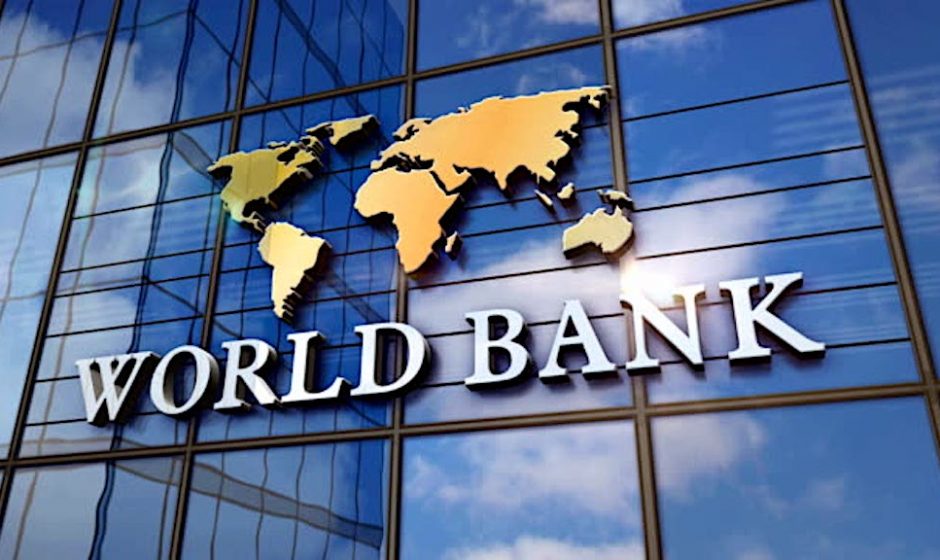According to data from the World Bank, Nigeria will spend 96.3 percent of its tax revenue on debt service in 2022.
This indicates that the nation uses 96 of every 100 naira of its revenue to pay off its debt.
This was mentioned by the international financial institution in its Macro Poverty Outlook for Nigeria: April 2023 short, which was published over the weekend.
The fiscal deficit exceeded the federal fiscal deficit cap, which was another point of emphasis in the report.
In the report, it says:
“The financial situation got worse. The cost of the gasoline subsidy grew to 2.3 percent of GDP in 2022 from 0.7 percent.
“High interest costs and low non-oil receipts increased fiscal strains. In 2022, the budget deficit was projected to be 5.0 percent of GDP, above the federal government’s predetermined the stipulated limit for federal fiscal deficit of 3 per cent.
“This has kept the public debt stock at over 38 per cent of GDP and pushed the debt service to revenue ratio from 83.2 per cent in 2021 to 96.3 per cent in 2022.”
The World Bank also stated in the brief that the country’s attempts to reduce poverty and promote economic growth were impeded by the cash shortage caused by the CBN’s currency redesign strategy.
Additionally, it predicted that between 2019 and 2025, 13 million Nigerians would become impoverished.
Nigeria is in a more precarious position now than it was prior to the late-2021 global oil price spike, it was stated. In light of the Naira redesign, currency shortages have further impacted growth and the eradication of poverty.
“This has kept the public debt stock at over 38 per cent of GDP and pushed the debt service to revenue ratio from 83.2 per cent in 2021 to 96.3 per cent in 2022.”
Also in the brief, World Bank revealed that the cash scarcity created by the CBN’s naira redesign policy hampered the country’s economic growth and poverty reduction efforts.
It also projected that about 13 million Nigerians would become poor between 2019 and 2025.
It noted, “Nigeria is in a more fragile position than before the late 2021 global oil price boom. Growth and poverty reduction have further been affected by cash scarcity in the context of the Naira redesign.
“The economy is projected to grow by an average of 2.9 percent per year between 2023 and 2025, only slightly above the population growth rate of 2.4 percent. Growth will be driven by services, trade, and manufacturing. Oil production is projected to remain subdued in part because of inefficiencies and insecurity.”
“With Nigeria’s population growth continuing to outpace poverty reduction and persistently high inflation, the number of Nigerians living below the national poverty line will rise by 13 million between 2019 and 2025 in the baseline projection.”




